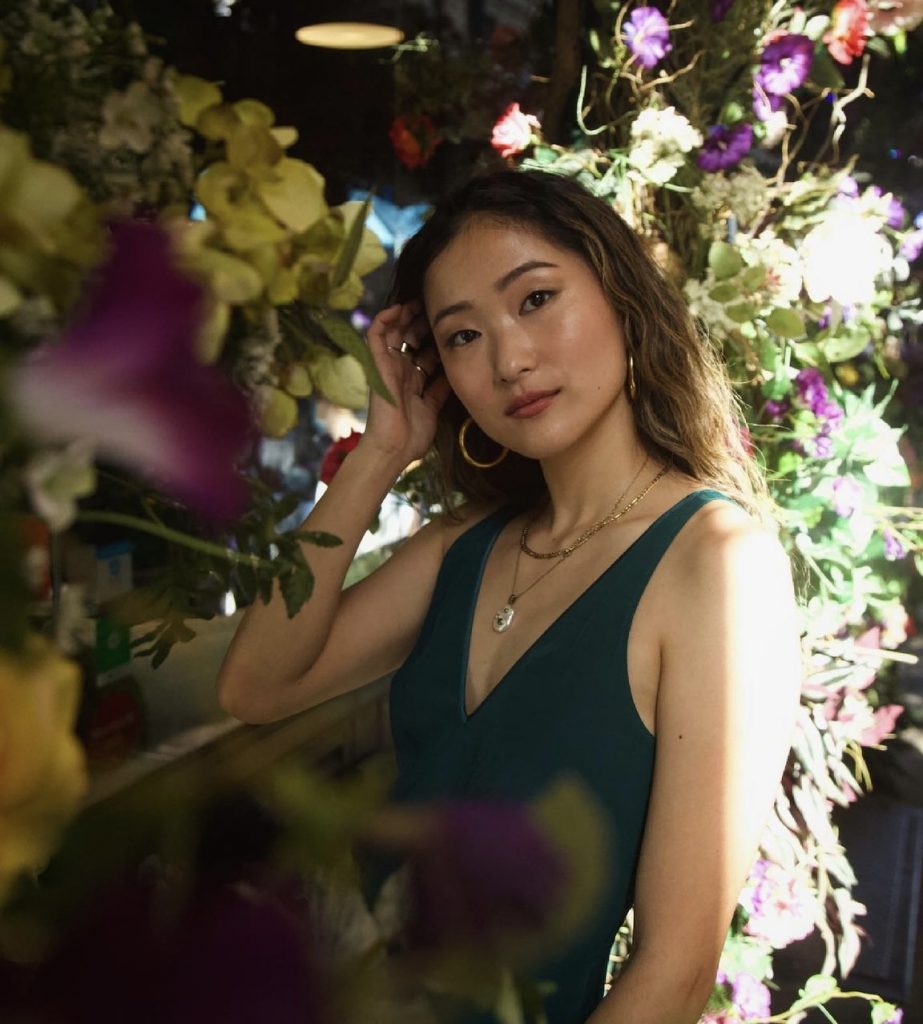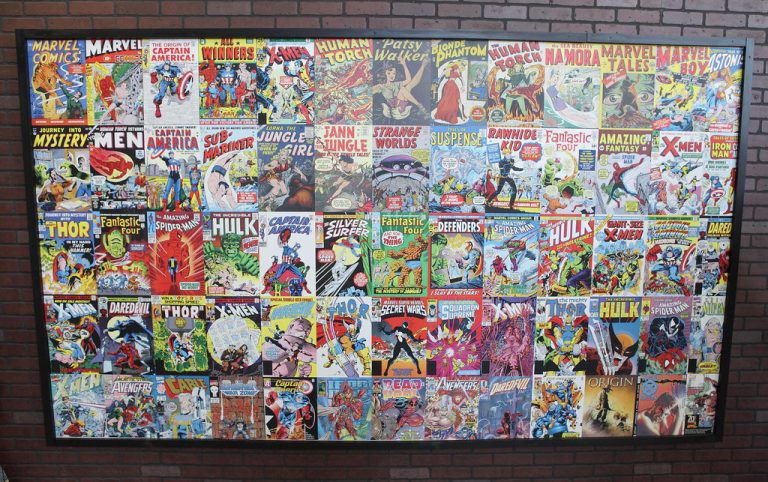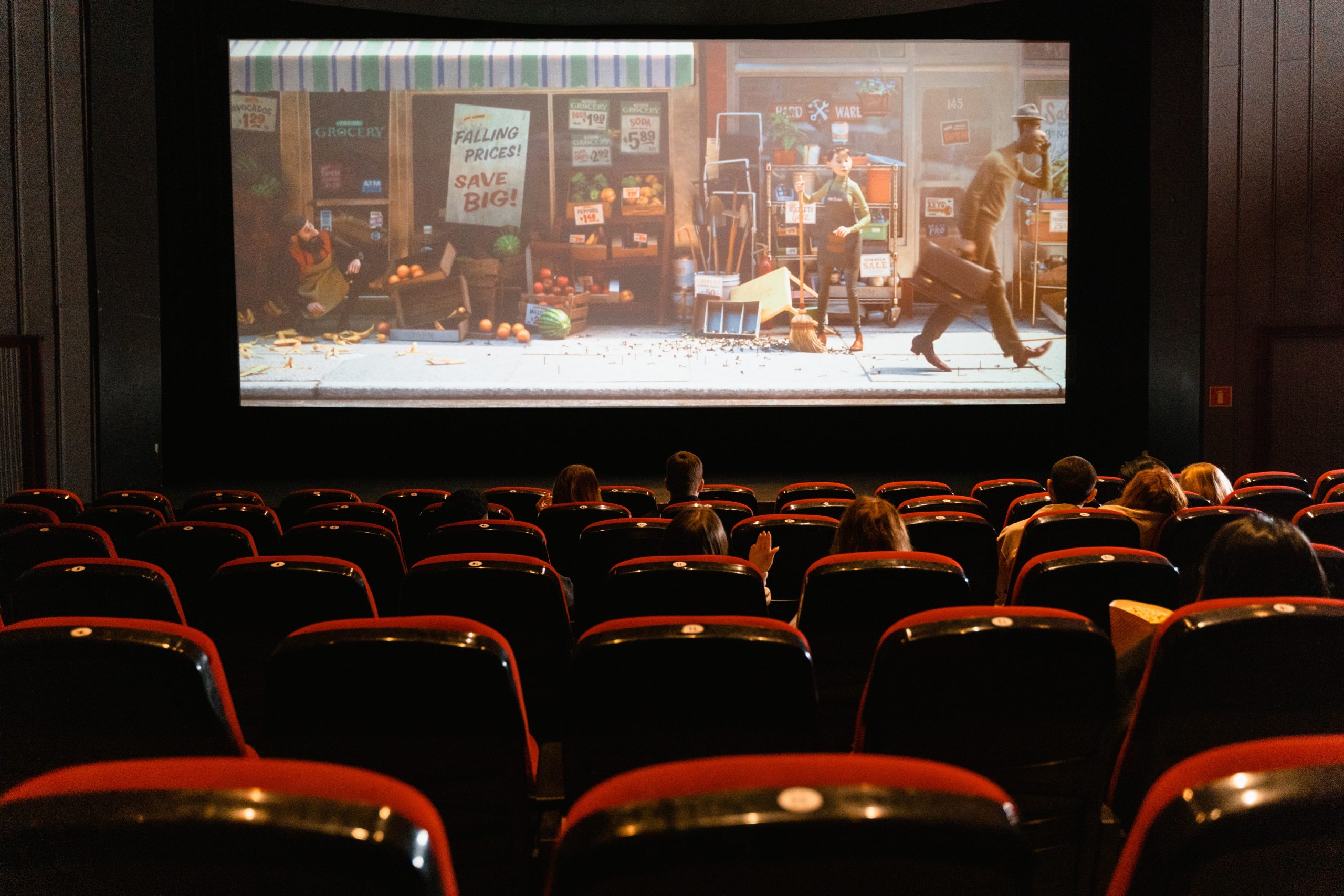Meet Aurora Hinz: Life as a Korean Transracial Adoptee
It is common for people unfamiliar with adoption to treat all adoptees from a particular country as one being. If they were all adopted from the same place around the same time, people assume they all have the same feelings, opinions, and experiences with adoption. However, when we disassemble the transracial American adoptees’ monolith, it becomes apparent that every adoptee has a unique personality and experience shaped by their adoption story.
Meet Aurora
Aurora Hinz is a home and lifestyle strategist who works and lives in New York City. Before being adopted from Seoul in 1999 at just seven months old, Aurora was living with social workers in a foster home. While many adoptees carry deep trauma connected to orphanages and the foster care system, she is grateful to have had a positive experience. Her parents could meet the foster home workers and take photos and videos for Aurora to look back on later.

Unlike many transracial adoptees, Aurora grew up in a community where finding adoptee peers and other individuals of Asian descent was easy. Her home state of Minnesota is well known for its sizable Korean adoptee population, making up half of the state’s entire Korean American population.
Camp Moon Hwa
Aurora attributes her strong sense of identity and connection to Korea to Camp Moon Hwa, a cultural camp she attended as a child in Minnesota. The camp is held annually and focuses on bringing together the local Korean community and celebrating Korea and its culture. While many attendees are adoptees, the camp welcomes anyone interested in Korean culture.
Aurora started attending the camp while in pre-K. She has fond memories of the dance classes, language lessons, and cooking sessions provided by the families and businesses that ran the camp. In addition to being immersed in Korean culture, social workers would visit the camp and inform the adoptees and their families of what adoption is and how to handle negative feelings or bullying that may arise because of it.
Data from the 2010 US Census shows that about two percent of households with adopted children also have biological children – like Aurora’s parents, who also have a biological daughter. Camp Moon Hwa also invites any biological children that adoptive parents may have to drive home the importance of family and help educate all family members about their child’s culture.
Finding a Home in Diversity
New York City prides itself on being one of the most diverse cities in the country. Of the 8.4 million residents reported in the 2021 US Census, 14.3% identify as Asian only. Like Aurora, many young people of color find living in such a diverse city exciting and comforting. While Aurora was able to grow up in a community where people of Asian descent were not uncommon, authentic Asian restaurants and supermarkets were new experiences. Before beginning her undergraduate program at the Fashion Institute of Technology, Aurora was vegetarian but decided to take a break to fully enjoy the new Asian dishes that New York City had to offer.
Korean food has deep ties to the country’s history, which is why Aurora found it essential to minimize the boundaries between her and this new world. Korea was, at one time, a rural country where farming, hunting, and gathering were the primary food sources. Farmers would have to spend long days outside tending to their crops, so the traditional Korean breakfast is more hardy than its neighboring countries. During periods of war and invasion, the citizens of Korea relied on pickled vegetables, pastes, and dried meats. Even to this day, Korea’s famous preserved food makes it stand out from other Asian cuisines. Trying these new foods made Aurora feel more connected and farther away from Korea. On the one hand, eating more common foods on the other side of the world creates a stronger sense of distance. On the other hand, trying dishes with great cultural and historical significance was a gentle reminder that “being Korean” is not synonymous with living in Korea or having a Korean family.


